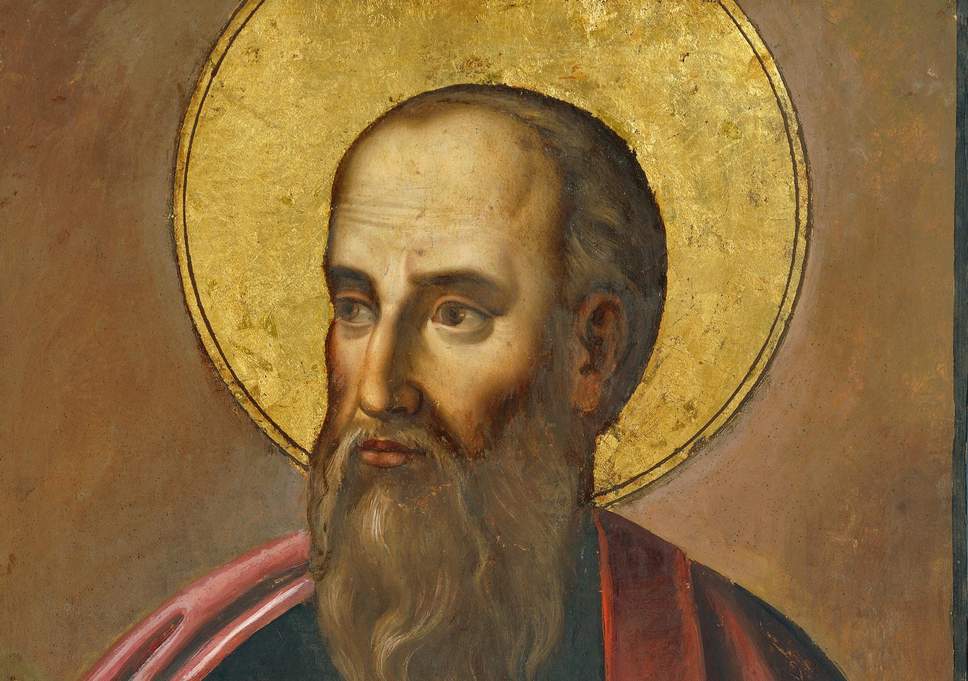Oftentimes in conversations with Christians of the reformed tradition, a discussion of the goodness of man and how that relates to the divine plan of salvation will arise. During these conversations I have found that a difference in definitions to be harmful to actually discussing the issues at hand. Add to the differing nomenclature palates actual disagreements over a number of differing nuanced positions and the result is chaotic. In this article I primarily want to clear up the Catholic position, as far as I understand it; however, I will also do my best to show why it makes the most sense.
A month ago Benjamin Bjorkman wrote an article titled “Injustice, in Genesis, in Job, in Jesus.” It was a great article well worth reading but there was one quote that struck me as heretical. Namely, Ben wrote, “Will there be good people in Hell? Absolutely.” When I read this, I immediately recognized the common Calvinist use of the word “good” in a confusing and unproductive way. To my Catholic mind, to be truly good and to be in Hell is impossible. Yet even in saying this statement I can feel the skepticism of Calvinists who think I am some Pelagian or Arminian heretic who thinks man can save himself.
Now, I want to take a step back to look at the issues at hand. First let me start with a definition of “good.” According to the Catechism, “God is infinitely good and all of his works are good” (CCC 385). Further, as we are God’s creation (as is everything else), all goodness that exists comes from God. Evil exists not as an entity in itself but as a disordering of a good order that emanates from the free will of man. Anything that is said to be “good” must be good because it is good in the eyes of God. So by this definition, a “good” man is one who obeys and follows the Lord and, per the message of the Gospel, will achieve salvation. Of course, there are no (or very few) men who are perfectly good (or evil), so there will always be a struggle in this life. Yet if there were a man who is said to be good, his place would certainly not be in Hell.
Even as I am writing, I am envisioning the Calvinist response to the idea that a good man would not be in Hell. The Calvinist might pull up 1 Samuel 16:7, which says, “for the Lord seeth not as man seeth; for man looketh on the outward appearance, but the Lord looketh on the heart.” Throughout scripture we find verses that emphasize that what man sees in outward appearance is often a lie, and God sees the heart of man. A good man to us may not be a good man to God, and therefore a good man can be in Hell and it not stand against the promise of the Gospel. Thus may go the Calvinist response.
I agree that man’s vision of good is skewed and often those people the world looks on as good walk a road the opposite of God. Nevertheless, if we are to approach goodness as it should be, not defined subjectively by man but objectively by God, there is no doubt the good man should be in heaven. Now whether a man can exist and be said to be truly good, and to what extent, is another issue to tackle. Yet if a man is truly good, and if he trusts in the promise of the Gospel, he will be saved. Most disagreement on this issue in my experience is an issue of definition, where Catholic theologians tend to assume “good” is defined by God while Calvinists do not.
That said, in conversation with a reformed friend, there is still an actual distinction in theology. Central to much reformed theology is the idea that man, having been made sinful in his nature, can only be saved by God. To call a man a good man, according to the objective definition of good, risks violating the teaching of Paul that, “For by grace are ye saved through faith; and that not of yourselves: it is the gift of God: Not of works, lest any man should boast” (2 Ephesians 8-9). To say a man is good, even if only to a degree, is to undermine the saving power of God and heretical by Calvinist teaching.
While it would be wrong to undermine God’s essential role in salvation and the nature of salvation as an unmerited gift, there is still room for man’s participation in sanctification. Thomas Aquinas emphasizes the importance of “an act of Will” by man to assent to Faith. Man participates in the process of salvation, but not due to his own merit as Paul warns. While one must take care to never assume that one can merit salvation, that does not mean one does not play a necessary role in it. The drowning man must allow himself to be carried by the lifeguard to safety after all, just as God gives us the choice to accept or reject his salvation for us. The good cannot exist without God, and the good man will not be good when deprived of Him.


Leave a Reply